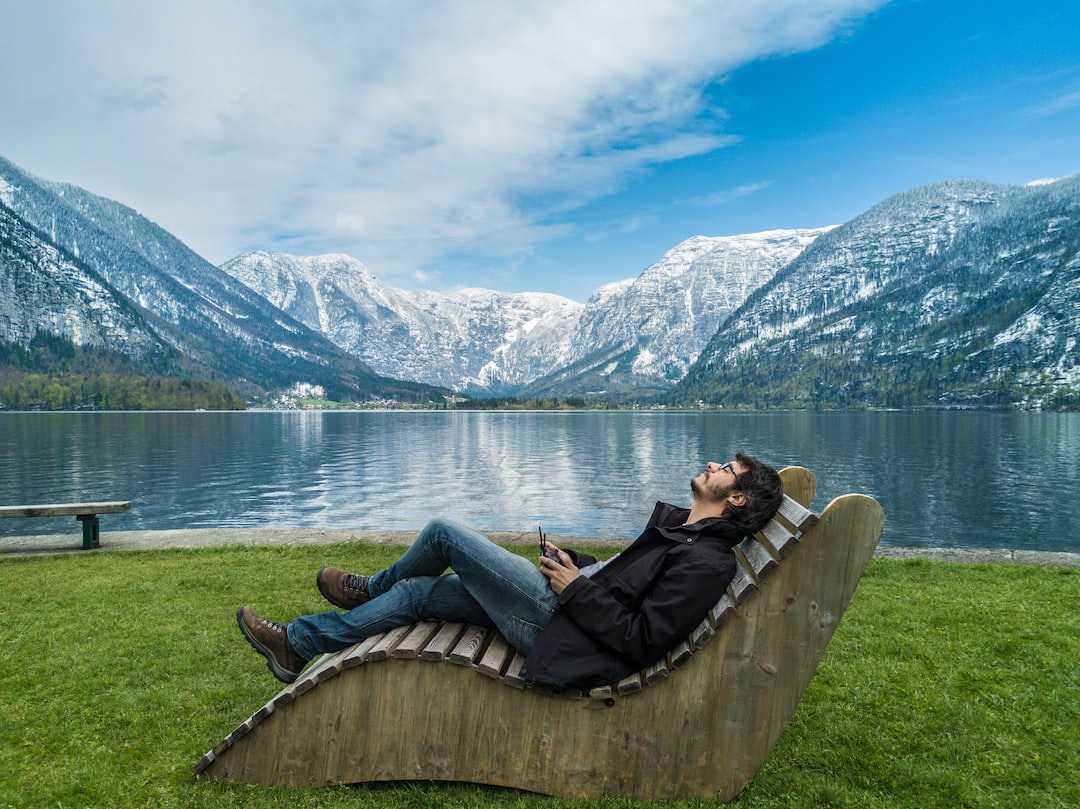![]()
How to Relax When You Don’t Know How
Don’t know how to relax? You’re not alone. Most of us grew up hearing things like “Idle hands are the devil’s workshop” and “Work now, play later” and “If you want to succeed, you have to work hard.”
That can create a mindset of never letting your guard down. If that you, you might need to learn how to relax when you don’t know how.
The struggle is real. So let’s take a look.
Plan Your Rest Time
We’re almost in the season of winter, the season of rest.
Nature knows how to rest. It plans for it every year. It happens no matter what. The earth turns cold, everything slows down, and sleeps.
It does that to renew in spring. Humans need the same thing! So, don’t want until you “earn” a rest. Plan for it every day. Creating space for emptying and doing nothing actually makes you more productive during your waking hours, not less.
Know What Relaxes You
If you don’t know what relaxes you, you won’t spend your planned downtime in a relaxing way.
For example, when I was very stressed out, I used to play video games.
That’s not actually very relaxing though. It makes me more tense! But it also zones me out so I don’t feel anything. Feeling nothing was better than feeling stressed, so I thought it was helping.
It was, but the cost was too high, so it wasn’t an effective strategy.
Truly relaxing things have no agenda, so you’re not networking, trying to lose weight, or competing. You want your mind to shut off as well as your muscles to loosen.
They are strictly pleasurable. This is not the time to work, so your side hustle, although it may be fun, is not “relaxation time.” It’s a business pursuit. Let’s be clear.
Something truly relaxing might be reading a book, taking a bath, sitting in a hammock, watching the waves on a beach, sitting at a fire and watching the fire. or listening to music. Other ideas are journaling, coloring, breathing, petting your furry friend, or meditation.

Learn to Value Calmness
We live in a culture that values busyness, excitement, achievement, and lots of Yang energy.
The balance to that is Yin – quietness, stillness, rest, recuperation, and regeneration.
They need each other for wholeness. When you embrace a holistic framework, rest becomes as important as activity.
We’re far more likely to invest in things we value, so when we value rest as part of the cycle of life and a component of health, we are more likely to want it and follow through.
Go, go, go leads to burn out. Living in harmony with the seasons is the way to health. Which do you prefer?

Leave a Reply